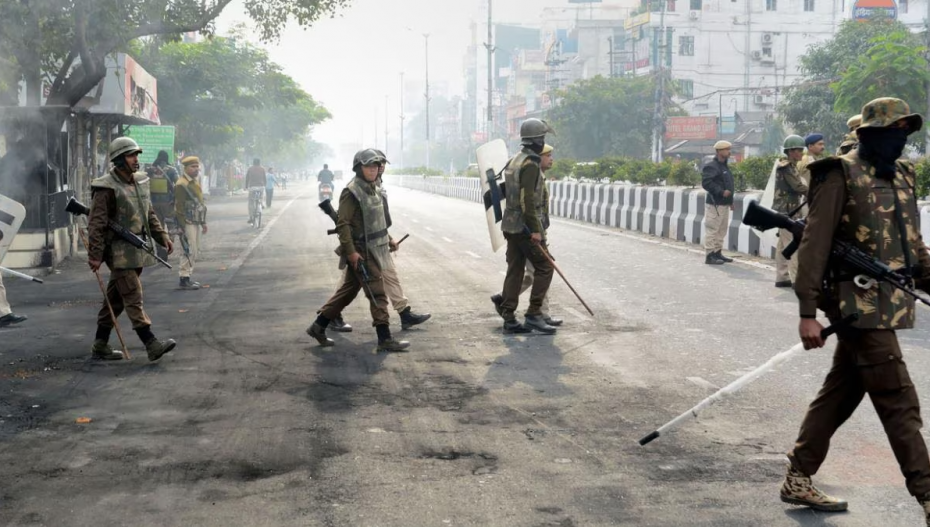The recently concluded annual conference of DGPs and IGPs organised by the Intelligence Bureau at Delhi studies emerging security challenges and opportunities along with experts, field functionaries and academia. This year, papers presented by top cops underlined the immediate attention that must be put into harnessing China and its “grip in the region.”
More than a dozen papers were submitted under the topic “Chinese influence in the neighbourhood and implications for India” during the three-days conference, January 20 to January 22.
The conference was attended by PM Narendra Modi and Home Minister Amit Shah, besides 350 top cops from across the country.
Most officers argued that China’s economic and military have had an obvious impact on realigning relationships in India’s neighbourhood. The officers also cautioned India on its “big brother approach” as a reason for smaller nations to huddle under the Dragon’s protection.
Most have lamented India’s poor handling of its relations with Nepal. An IPS officer from a southern state has blamed this on India’s “big brother” attitude. “India must treat these countries as partners. India must refrain from acting like a ‘big brother’,” the paper said.
Another paper has gone on to argue that perhaps after Pakistan, India’s worst relationship in the neighbourhood is with Nepal. As a solution, most papers argued for rapid economic growth, greater use of soft power, more publicity of China’s “debt-trap policy” in bilateral relations, and providing greater assistance to neighbouring countries as India did during the Lankan economic crisis. On Pakistan, papers have either argued for diplomatic isolation of the country or revival of SAARC and greater people to people contact to force India’s western neighbour to come to the negotiating table and resolve issues.
Significantly, issues of NRC and CAA were brought up. “The resolutions seem to have created a chasm between India and its neighbours, which China is exploiting to increase its regional influence,” observed papers presented by IPS officers.
Talking about Chinese influence in Bangladesh, one of the papers noted: “After ‘targeting all of India’s friendly neighbours’ such as Nepal and Sri Lanka, China has now started focusing on Bangladesh…”
Emphasising the impact of CAA, the paper said, “Dhaka apprehends that India will push all illegal foreigners towards Bangladesh under the NRC. Immediately after passing the CAA, Beijing allowed 97% of Bangladesh’s exports to China under its duty-free and quota-free programme.” It also briefed on China’s initiative to build a mega smart city near Dhaka, an airport in Sylhet in eastern Bangladesh. The paper also examined India’s apprehensions about China’s pressure on Dhaka to hand over certain lucrative infrastructure and connectivity projects to provoke New Delhi.
“Besides Chinese tanks, frigates, submarines and fighter jets, Beijing has also provided Dhaka with a number of military equipment under a 2002 defence pact,” the paper said.
Underlining security concerns of these developments, the paper claimed that some leaders of NSCN-IM, which is in peace talks with the government over Naga Accord, are reported to be in China-Myanmar border eying for a revival of Chinese support. The Chinese government had supported the Mizo and Naga insurgents in the 1960s and 1970s.
Another paper by an IPS officer from the Northeast, flagged the growing proximity between China and Bangladesh vis a vis the CAA. “India is on good terms with the current regime (in Bangladesh) but if the past is any indicator, the Chinese can fuel the latent ‘anti-India’ sentiment … Sorting out bilateral irritants like Teesta, CAA, etc. can also go a long way in earning goodwill for India,” the paper said.
Also Read: Black-Necked Stork Sighted In Porbandar












